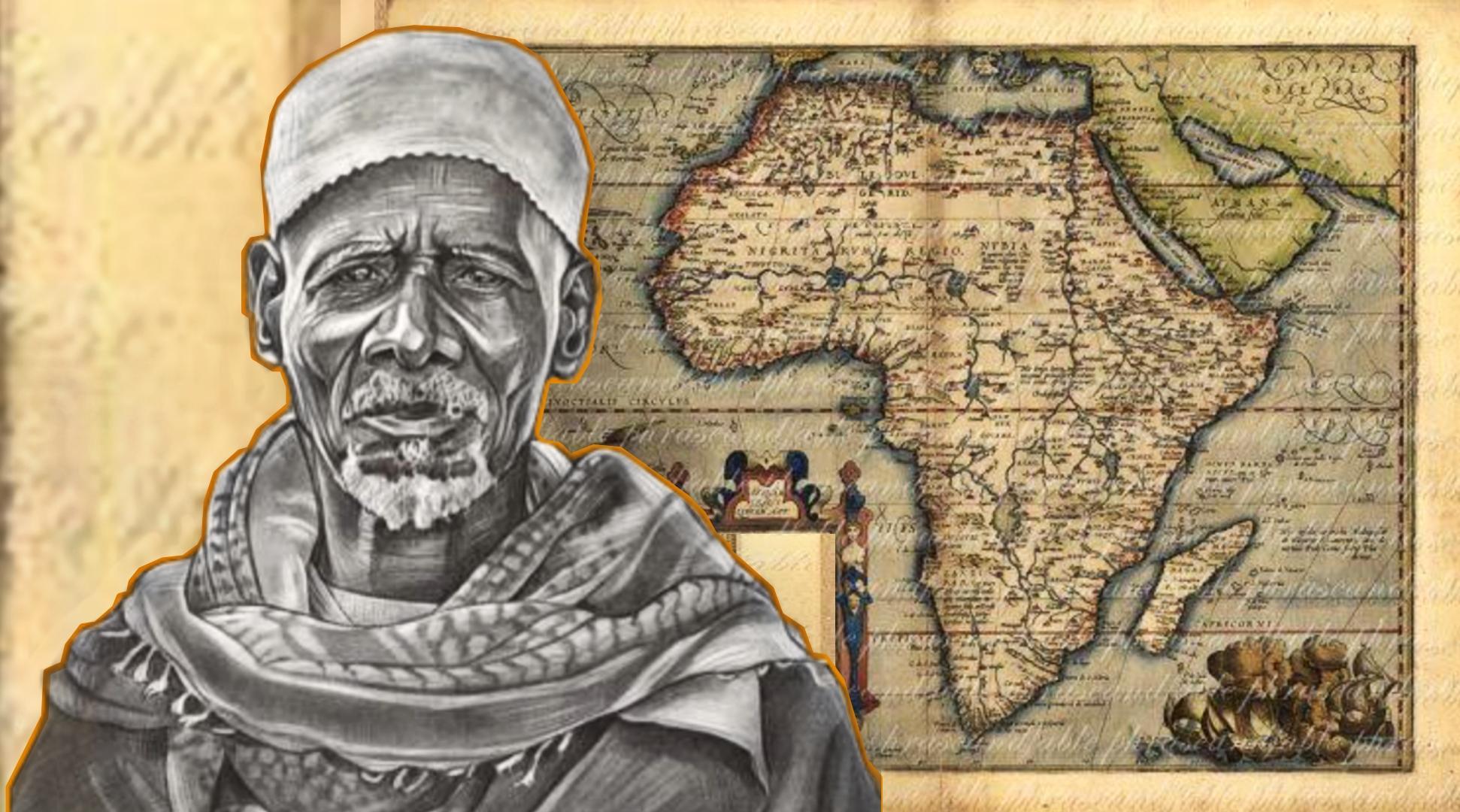Almamy Suluku (1820 – 1906) was a Sierra Leonean Limba ruler who used political strategy to keep his independence as long as possible.
Almamy Suluku was born in 1820 in Kamabai, Biriwa country, in Northern Sierra Leone Province. He was the son of Sankailay, a great Limba chief of the Biriwa country, which had Bumban as its capital.
Suluku rose to the rank of war captain as a young man, and under his military command, Biriwa grew to be one of Sierra Leone’s largest kingdoms. When his father died, Suluku took over as chief of Biriwa.
But Suluku was not contented with just having region; he set out to make his kingdom wealthy as well. He encouraged the trade in gold, ivory, hides, and food that passed through Bumban on its way to Freetown, and he provided effective police protection to the traders in his realm.
Throughout the 1880s, his progressive rule impressed the British administration in Freetown, which sent him annual gifts. When Samori Toure’s Mandinka forces occupied Biriwa in 1884, Suluku pretended to work with them while sending urgent messages to the British in Freetown warning of a trade disruption.
Suluku’s arguments were accepted by the British, who pressured the Mandinka to leave Biriwa country. As a result, while other Sierra Leonean kings faced costly defeats in futile military resistance, Suluku was able to rule solely through political strategy.
As British power grew in the 1890s, Suluku pursued his own independent policy while convincing the British that he was a loyal ally. He sent frequent messages of friendship to the British Governor and royally entertained every British delegation that arrived in Bumban, but he did whatever pleased him.
Suluku’s deception was suspected by some lower-ranking officers, but Freetown was convinced of his loyalty. When the 1898 Rebellion led by Bai Bureh erupted, Suluku sent warriors and weapons to Bai Bureh, but when the British objected, he sent them a letter expressing his support for their position and offering his services as a mediator.
The British wanted to divide Suluku’s kingdom into small chiefdoms after the Protectorate was established, but Suluku’s subjects refused to cooperate as long as the old Gbaku was alive. A British official asked Suluku to name his successor under the new and tightly controlled colonial structure when he was very old. “Suluku will never die,” said the old Gbaku.
 The African History Truly African
The African History Truly African

